The Empty Radicalism of the Climate Apocalypse
The policies proposed by climate activists and progressive politicians to combat global warming are not nearly as radical—or potentially effective—as claimed. What would it mean to get serious about addressing climate change? Plus: protecting the 2020 Census, what NEON means for ecology, deciding the Facebook question, and much more.
Editor's Journal
Keep on Truckin’
I began working at Issues in mid-1987, and 32 years later it’s … what?—sobering? enlightening? depressing? bewildering? astonishing?—to reflect on how science, technology, and health policy has and hasn’t changed. Many topics… Read More

Gallery
Nature—Cooper Hewitt Design Triennial
Nature—Cooper Hewitt Design Triennial, coorganized by Cooper Hewitt, the Smithsonian Design Museum, and Cube design museum in Kerkrade, Netherlands, features over 60 projects to demonstrate how designers are collaborating with scientists,… Read More
Perspectives
Lessons From the He Jiankui Incident
He Jiankui’s announcement on November 26, 2018, that he had used CRISPR technology to alter the genes of two embryos that resulted in births shocked everyone in China, especially scientists and regulators.… Read MoreSciences, Publics, Politics: The Trouble With Climate Emergency Journalism
To avoid climate change catastrophe, the world must rapidly transform its economy away from fossil fuels. But to achieve this historically unprecedented task, the news industry must also transform, urged the organizers… Read More
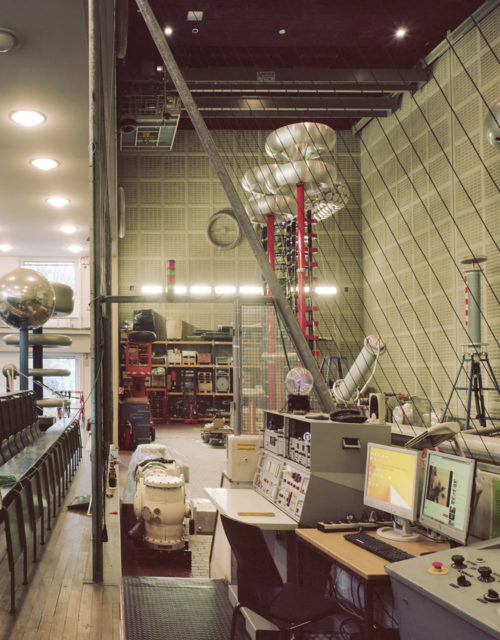
Gallery
Studio + Laboratory: Workshops of Knowledge
Be it artistic works or scientific discoveries, the end results are
generally all that remain visible of the creative process. What happens behind
closed doors in the laboratory or studio tends to… Read More
Features
Deciding the Facebook Question
Facebook, Apple, Amazon, Netflix, Google: the FAANGs. We have one big fat reason for loving them: they provide us with overpowering convenience. Thanks to the FAANGs, just choosing to do something is… Read MoreArtificial Intelligence for a Social World
Will artificial intelligence (AI) mean the end of social interaction? I want to say right away—so that you can stop reading if this disappoints you—that I’m not going to answer that question.… Read MoreClean Power From the Pentagon
The Department of Defense (DOD) in 2019 will invest $1.6 billion in research, development, test and evaluation (RDT&E) that is directly related to energy. The magnitude of the investment reflects the importance… Read MoreResearch Ethics From the Inside
The Constant Gardener, a suspenseful 2001 novel by John Le Carré (later made into a popular film), centers around a pharmaceutical company that, to beat the competition to market, rushed a… Read MoreWill NEON Kill Ecology?
It is a truth universally acknowledged, that a single science in possession of a good fortune, must be in want of Big Data. It so occurred to Scott L. Collins, now Distinguished… Read MoreProtecting the Accuracy of the 2020 Census
Census Day, April 1, 2020, is when everyone in the United States will be asked to answer questions on the 24th decennial enumeration of the nation’s population, the latest in an unbroken,… Read MoreThe Empty Radicalism of the Climate Apocalypse
“We must stop asking what the Earth can do for us,” newly elected President Jay Inslee concluded in his inaugural address, “and start considering what we must do for the Earth.” Inslee … Read More
Book Reviews
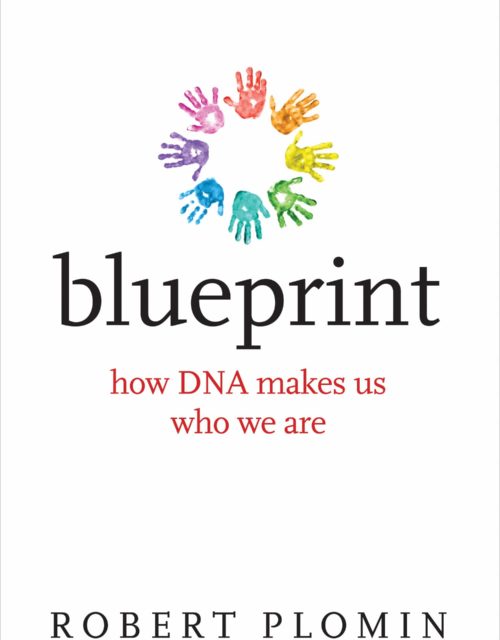
Hardwired
Adding to a prolific career of scientific writing, the psychologist and geneticist Robert Plomin has produced an extremely readable and interesting book about the role of genetics in our lives. Blueprint: How … Read More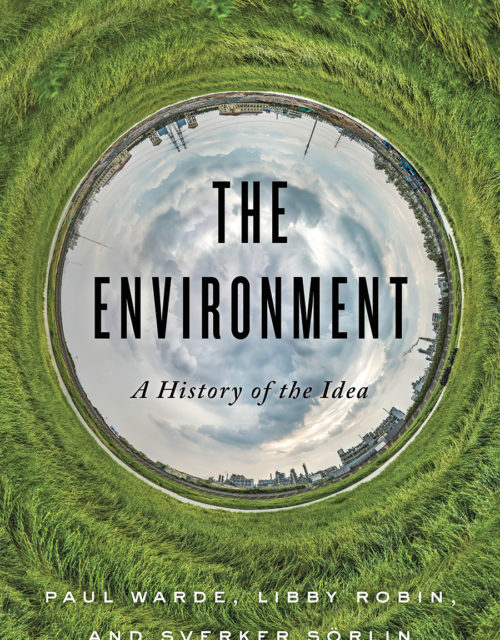
“A Planet-Changing Idea”
The Environment: A History of the Idea opens with a seemingly facetious query: “The environment is all around us…. Where did it come from?” In fact, the authors have deeper things on… Read More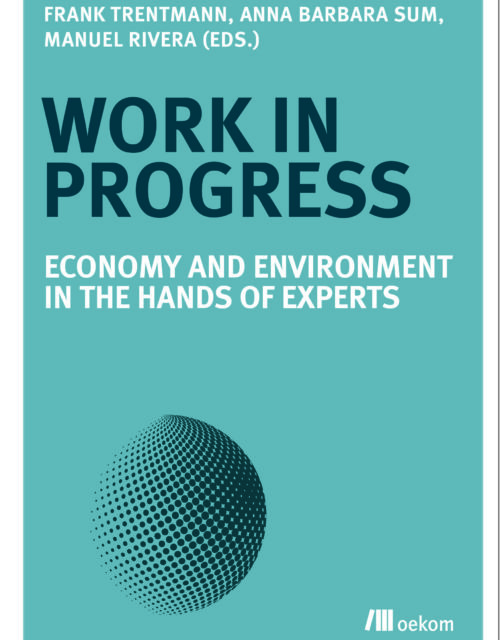
The Rise of the Experts
It has become commonplace to assume that financial experts were completely surprised by the financial crisis in 2007. To be sure, some marginal or marginalized researchers claimed to have seen it coming,… Read More
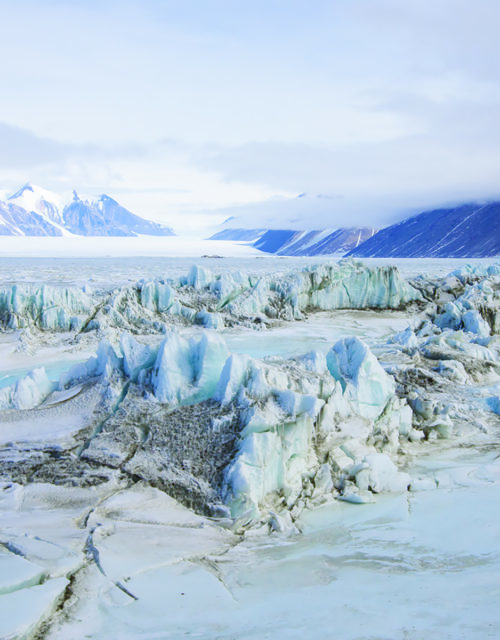
Gallery
Walking in Antarctica
Walking in Antarctica
is inspired by Helen Glazer’s experience as a 2015 grantee of the National
Science Foundation Antarctic Artists and Writers Program. Since returning from
her trip, she has been working… Read More
